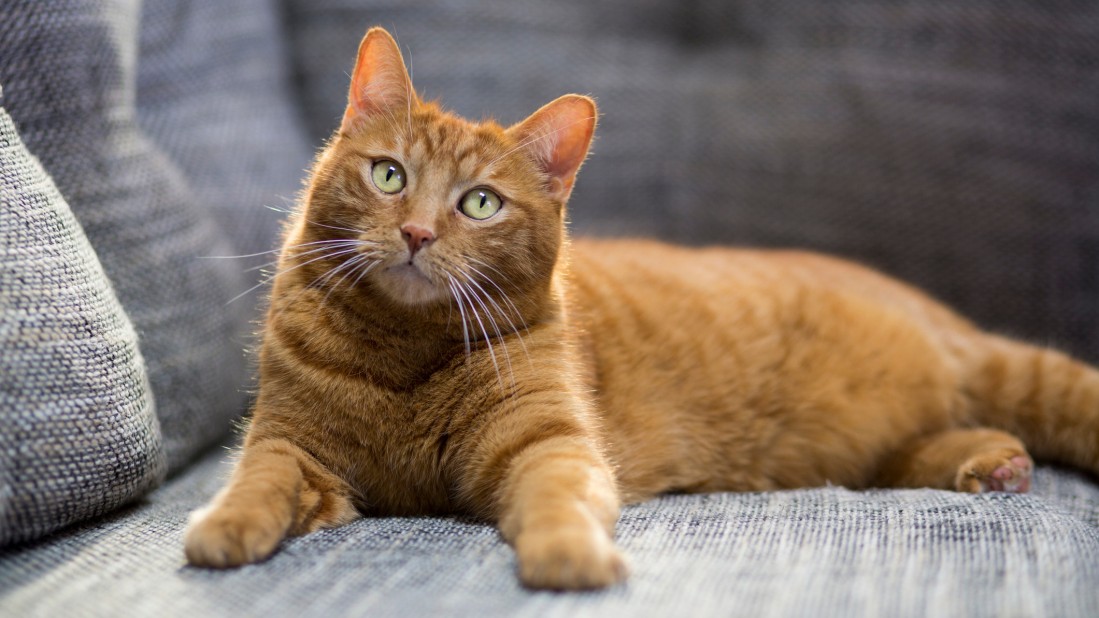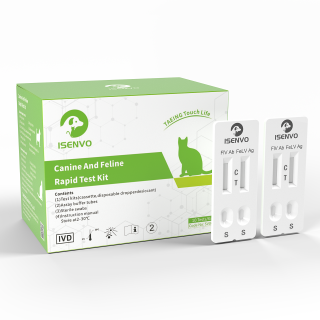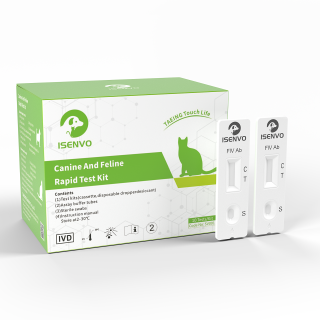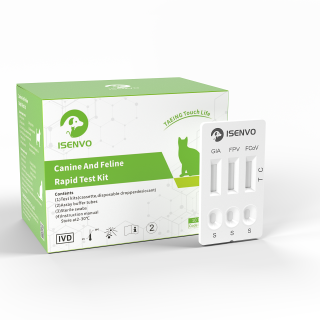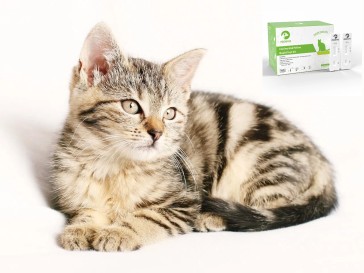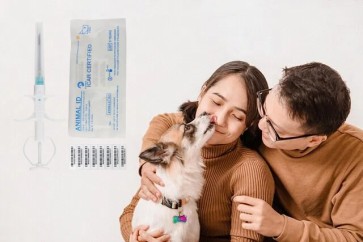What Every Cat Owner Should Know About Detection and Care
Feline Immunodeficiency Virus (FIV) is a slow-progressing but serious virus that weakens your cat’s immune system over time. Often compared to HIV in humans, FIV itself doesn’t directly cause death but makes cats more vulnerable to infections and other illnesses.
This guide covers essential information about FIV, including how it spreads, signs to watch for, treatment strategies, and practical ways to detect it early—even from home.
What is FIV?
FIV is a retrovirus belonging to the lentivirus family that affects only cats. It attacks white blood cells, specifically T-helper cells, which play a crucial role in immune defense. Over time, the virus weakens the immune system, leaving cats more susceptible to other infections.
Many cats infected with FIV can live for years without showing symptoms, but eventually their health may decline if the virus progresses.
Key Facts About FIV
Virus type: Lentivirus (same family as HIV)
Targets: White blood cells (immune cells)
Main transmission: Bite wounds during fights
How Does FIV Spread?
FIV is not highly contagious through casual contact. Transmission primarily occurs through bite wounds, which allow the virus in saliva to enter the bloodstream.
Common Ways FIV Spreads
Deep bite wounds during fights, especially between unneutered males
From mother cats to kittens (less commonly)
Blood transfusion from infected donors (rare)
Grooming or sharing food bowls poses very low risk
Cats at Higher Risk
Unneutered outdoor males prone to fighting
Cats living in multi-cat households where aggression occurs
Feral or rescue cats with unknown health histories
Recognizing FIV Symptoms
FIV infection progresses through several stages:
1. Acute Stage (First 1–3 Months)
Mild fever
Swollen lymph nodes
Temporary lethargy
2. Latent Stage (Months to Years)
No clear symptoms
Virus slowly weakens immune system
3. Immunodeficiency Stage
Recurring infections (gum disease, skin infections, eye problems)
Weight loss and poor coat condition
Diarrhea and fever
In rare cases, neurological symptoms
Detecting FIV
Early detection can help manage your cat’s health more effectively. While veterinary tests remain the gold standard, convenient at-home screening tools are now available.
At-Home Screening Options
The TAEING 10 Pack FIV Antibody Rapid Home Test Kit for Cats allows cat owners to check for FIV antibodies with a small blood sample in about 10 minutes. This test is simple to use and provides quick results, making early screening more accessible.
Please note that a positive home test should be followed by confirmation from a veterinarian.
Veterinary Confirmatory Tests
Western Blot analysis
PCR (DNA-based test)
Full blood panels to assess immune function
Managing FIV
There is currently no cure for FIV, but many infected cats live comfortable and fulfilling lives with proper care.
Recommended Care Strategies
Prompt treatment of infections with antibiotics
Immune system support through good nutrition and supplements
Reducing stress by keeping cats indoors and in a calm environment
Regular veterinary check-ups to monitor health
Preventing FIV Infection
Taking proactive steps can reduce the risk of FIV spreading among cats.
Prevention Tips
Test new cats before introducing them into your home, using tools like the TAEING FIV Rapid Home Test Kit
Spay or neuter cats to reduce aggressive behavior and fighting
Keep cats indoors to avoid contact with potentially infected outdoor cats
If you have FIV-positive cats, consider keeping them separated from others if fighting occurs
Outlook for FIV-Positive Cats
With attentive care, many cats infected with FIV live for 5 to 10 years or longer. The quality of their life depends largely on supportive management and a safe environment.
Addressing Common Questions
Can humans get FIV? No. FIV is species-specific and only infects cats.
Can FIV-positive cats live with other cats? Yes, as long as there is no aggressive fighting.
Are home tests reliable? Home kits are good for initial screening, but positive results should always be confirmed by a vet.
Final Thoughts
FIV can feel daunting, but awareness and early detection can make a significant difference. Using accessible at-home screening tools, like the TAEING FIV Antibody Rapid Home Test Kit, helps cat owners stay proactive about their pets’ health.
If you suspect your cat may be at risk, testing early and consulting your veterinarian can provide guidance and peace of mind. With care and attention, FIV-positive cats can still enjoy long, happy lives.

